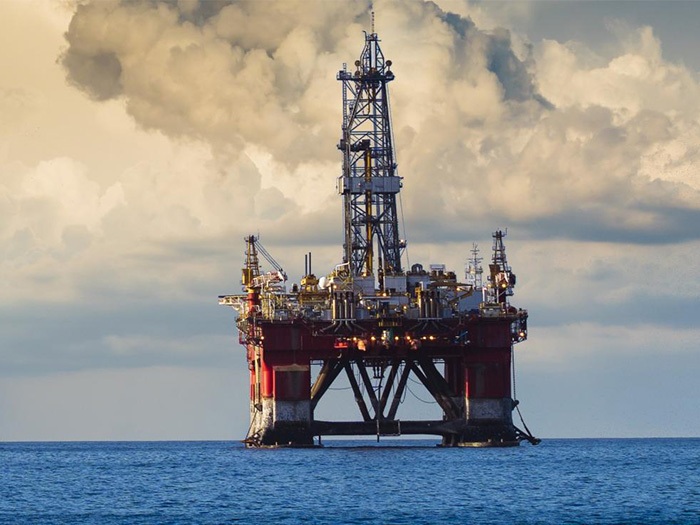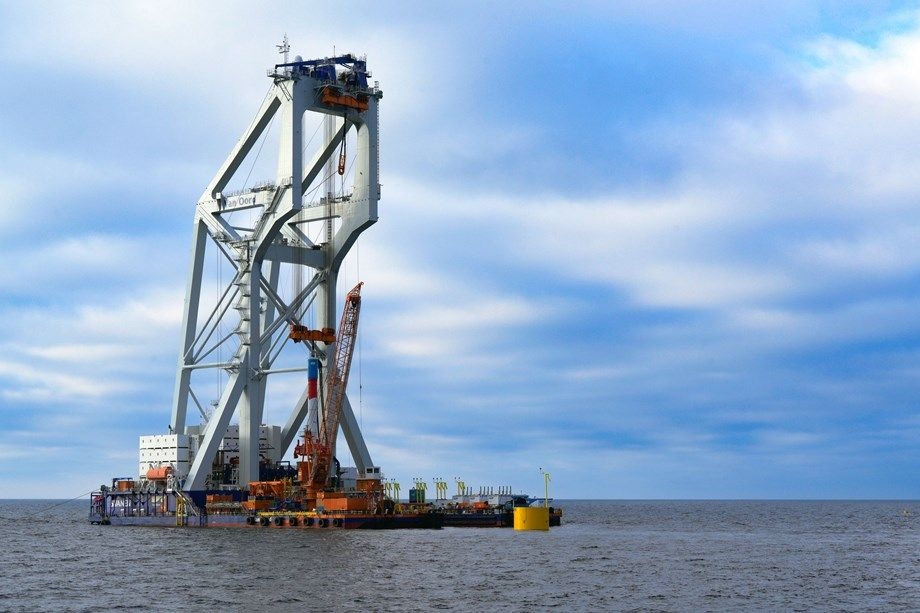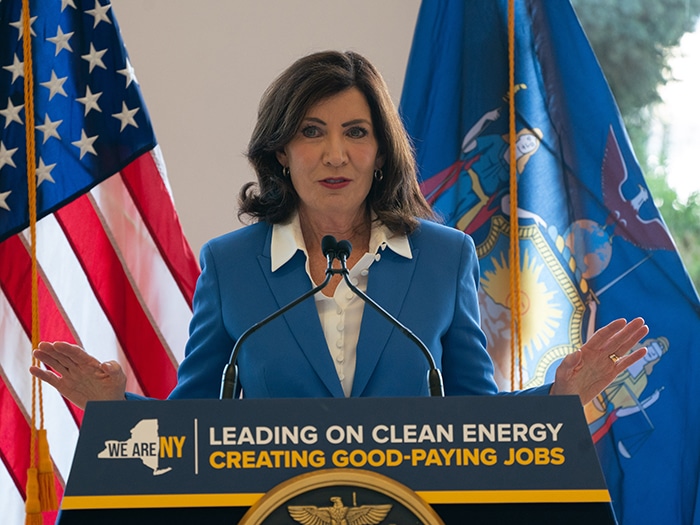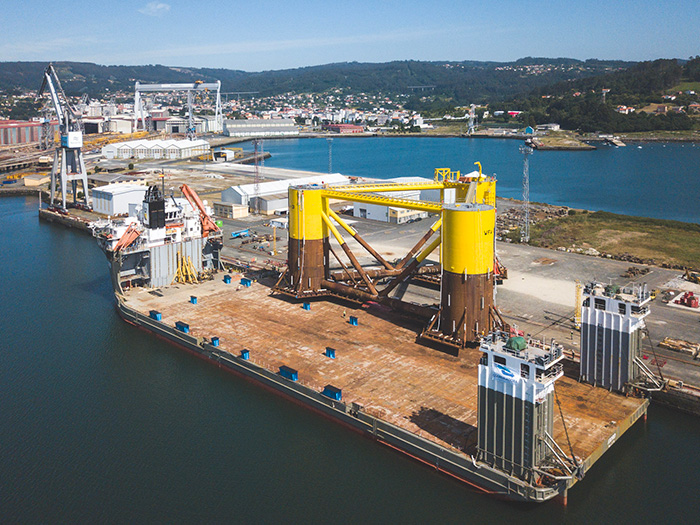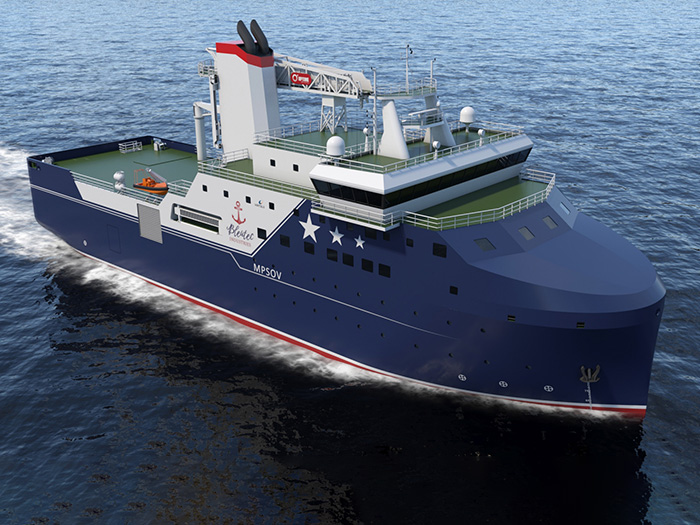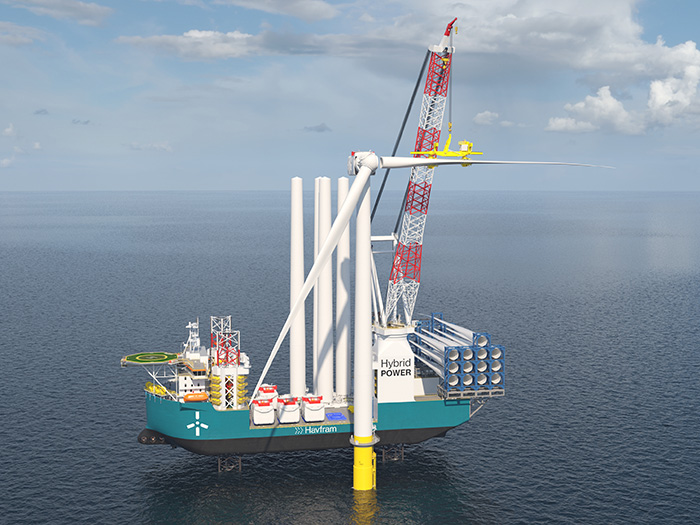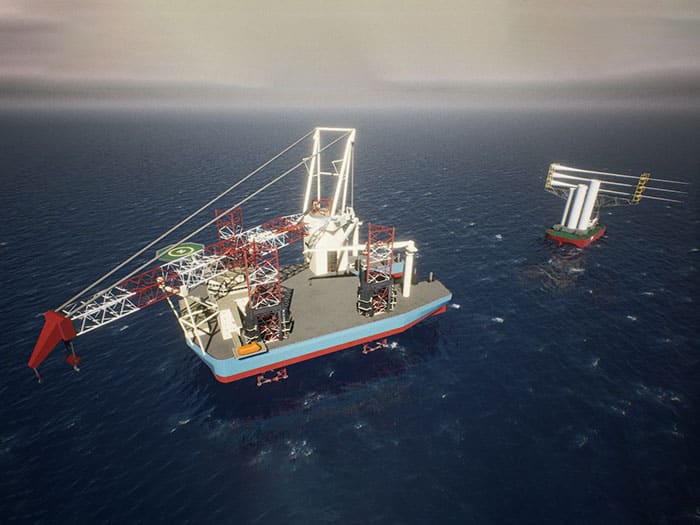With a gun to its head in the form of a mandate under the Inflation Reduction Act of 2022 (IRA), the Bureau of Ocean Energy Management (BOEM) yesterday held Gulf of Mexico Lease Sale 259. It generated $263,801,783 in high bids for 313 tracts covering 1.6 million acres in federal waters of the Gulf of Mexico. A total of 32 companies participated in the lease sale, submitting $309,798,397 in total bids.
“I am glad to see the Administration carrying out this mandated Gulf oil and gas lease sale that I included in the Inflation Reduction Act,” commented Senator Joe Manchin (D-W. Va.). “This record lease sale is further evidence that the IRA is holding this administration’s feet to the fire to continue the fossil fuel production we need. The federal government is charged with ensuring that the United States is responsibly developing and utilizing all of our energy resources, and to do that it’s critical that we get our federal leasing programs back on track. As the superpower of the world, it is vital that we have a reliable, domestic energy supply chain that enhances our energy security, reduces our reliance on foreign nations and helps our friends and allies. We don’t have to choose between energy security and the environment — our offshore production is among the cleanest in the world, and continuing to support this production will ensure America continues to be a global energy leader,” said Chairman Manchin.
You can download all the sales statistics here
Almost half the winning bids came on blocks in the deepwater Gulf, some as far as 40 miles offshore. According to Reuters, Chevron was the most active bidder offering $108 million in 75 high bids, BP offered $47 million for 37 blocks. ExxonMobil’s bids totaled less than $10 million for all 69 blocks where it was high bidder.
The ExxonMobil acreage was in shallow waters just off the Texas coast adjacent to areas it previously acquired. It’s thought the shallow water acreage could be used to take care of the storage part of the energy major’s plans for large-scale carbon capture and storage in the Houston area.
The auction generated the highest bids since 2017, but came at a time when green energy advocates, including many inside BOEM, remain opposed to large fossil fuel projects.
NOIA: “SALE NEEDLESSLY OVERDUE”
“Lease Sale 259 is an opportunity to strengthen our national security interests and develop domestic energy supplies in the face of geopolitical uncertainty and tight global demand. Lease Sale 259 is the first Gulf of Mexico offshore oil and gas lease sale since November 2021. Mandated by the Inflation Reduction Act, which was signed into law by President Biden, Lease Sale 259 and the resumption of Gulf of Mexico oil and gas lease sales has been needlessly overdue. Companies need lease opportunities to explore and potentially develop domestic energy resources. Our national energy needs clearly depend upon a commitment to continued U.S. offshore energy development. U.S. Gulf of Mexico offshore energy production is a key component of a national energy strategy that will ensure Americans can continue to have access to fundamental domestic energy that is produced safely, sustainably, and responsibly.
“Operations in the U.S. Gulf of Mexico adhere to the highest safety and environmental standards. The multitude of companies involved in offshore energy development are working collaboratively to shrink an already small carbon footprint. From electrifying operations to deploying innovative solutions that reduce the size, weight, and part count of offshore infrastructure – thus increasing safety and decreasing emissions – the U.S. Gulf of Mexico hosts a high-tech revolution. Oil produced from the U.S. Gulf of Mexico has a carbon intensity one-half that of other producing regions. The technologies used in deepwater production – which represents 92% of the oil produced in the U.S. Gulf of Mexico – place this region among the lowest carbon intensity oil-producing regions in the world .
“The preceding gap in leasing underscores why the next federal offshore oil and gas leasing program must be finalized and implemented as quickly as possible. Policies that restrict domestic offshore development require imports to make up the shortfall, and that supplemental production comes from higher-emitting operations in other countries to the detriment of our energy security, economic wellbeing, and emissions and climate progress.”


